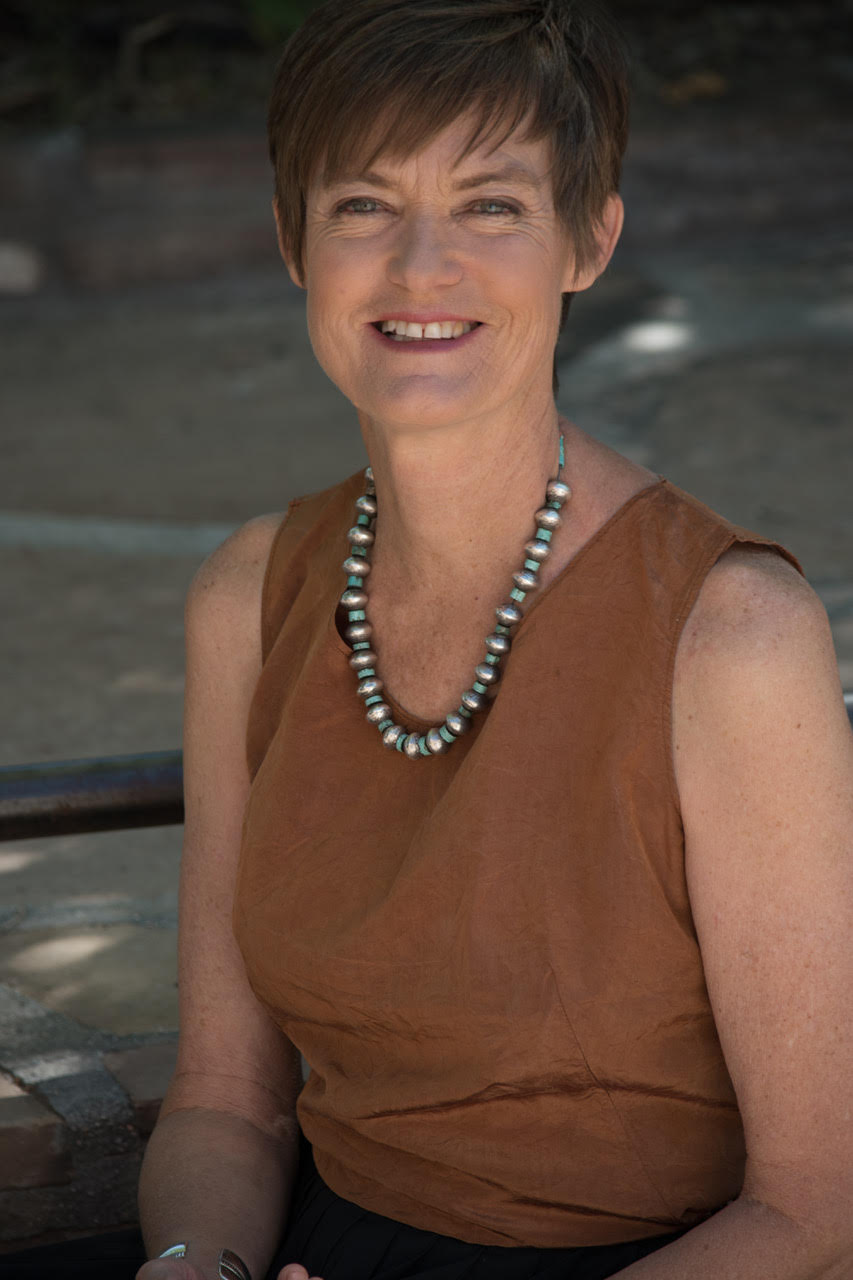 It is September and families are schooling their children from home. All kinds of arrangements have been made. Perhaps your child is spending time in a learning pod. Maybe you’ve arranged with family or neighbors for a group of children to safely do their schoolwork with one adult supporting the learners. Maybe your child is home by your side, while you do your work and run your household.
It is September and families are schooling their children from home. All kinds of arrangements have been made. Perhaps your child is spending time in a learning pod. Maybe you’ve arranged with family or neighbors for a group of children to safely do their schoolwork with one adult supporting the learners. Maybe your child is home by your side, while you do your work and run your household.
The responsibility for learning is now more than ever a partnership between school and home. We know parents are a child’s first teachers. Now parents are also responsible for building strong bridges between remote instruction and educational expectations, navigating schoolwork on the computer and supporting the learning of their children.
It is a big job and many of us do not feel prepared.
Remember, to learn. your child needs to feel physically and emotionally safe. It is how the human brain works. It pays attention to the most immediate needs and survival is first. Humans cannot survive without others, especially young humans. We all need relationships in which we feel respected and supported. Below are some tips for supporting your child and yourself in coming months:
#1 Get to know your child’s teacher. Teachers know their first job is to build a mutually trustworthy relationship with their students. They know they need to understand their students and their families by being trustworthy kind, and worthy of respect.
If you are not in direct contact with your child’s teacher, email or call and arrange a time to talk. Explain your child’s circumstances. Does your child have siblings, cousins, grandparents living in the home? Who will be guiding the student’s learning; a big brother, a grandparent, a community pod provider, you? Tell the teacher what your child cares about, worries about. Share her strengths and challenges. Find out what skills your child needs to practice. Share your phone number and email. Plan a next time to talk.
#2. Tell your child. Explain that the teacher wants to know about their students and families. Share what you learned. Assure your child that everyone is working together to figure out this new way of learning, that we all want the same thing – for everyone to be safe, happy, and competent in learning. Remind your child that we all have choices and that respectful relationships are the foundation of learning. Ask your child what they would like to know about their teacher. Arrange to respectfully ask these questions of the teacher.
#3. Check in often with your child . Ask specific questions and then wait for an answer. For example, ask, what surprised you today? What made you happy today? What did you try that was hard? What else could you have done? Have your own answers ready. Prepare the questions in advance and only ask one or two per day when you have time to listen.
#4. Model sharing your feelings . For example, when you are feeling frustrated, say aloud, “I’m feeling frustrated now. I can’t get this computer to connect. I’m worried my co-workers will think I’m lazy. I think I need to take a break. I’m going to set the timer for 6 minutes and go outside to relax. When the timer goes off, I’ll come back and try again. If I still can’t connect, I know who I can call for help. Is it ok with you that I will be outside for 6 minutes now?”
#5. Recognize lifetime skills. Learn to regulate your own thoughts, feelings and actions, create respectful relationships, make good decisions and use your emotions to motivate yourself to persevere, to stay focused, and to help others. These are the skills that serve us over a lifetime, and we refer to as “emotional intelligence” or EQ. They are the goals of “social and emotional learning” or SEL. Model these skills and remember your child is always learning from you, for better and worse, no matter how old they are. Be the person you want your child to remember and become.
Taos Behavioral Health has the largest licensed and credentialed behavioral health staff in northern New Mexico. We can be reached at 575-758-4297,
www.taosbehavioralhelath.org or at 105 Bertha St. for scheduled appointments.
Amy McConnell Franklin is a well-known educator and trainer in EQ and SEL for the Taos community, including schools. She is a member of the TBH board.

